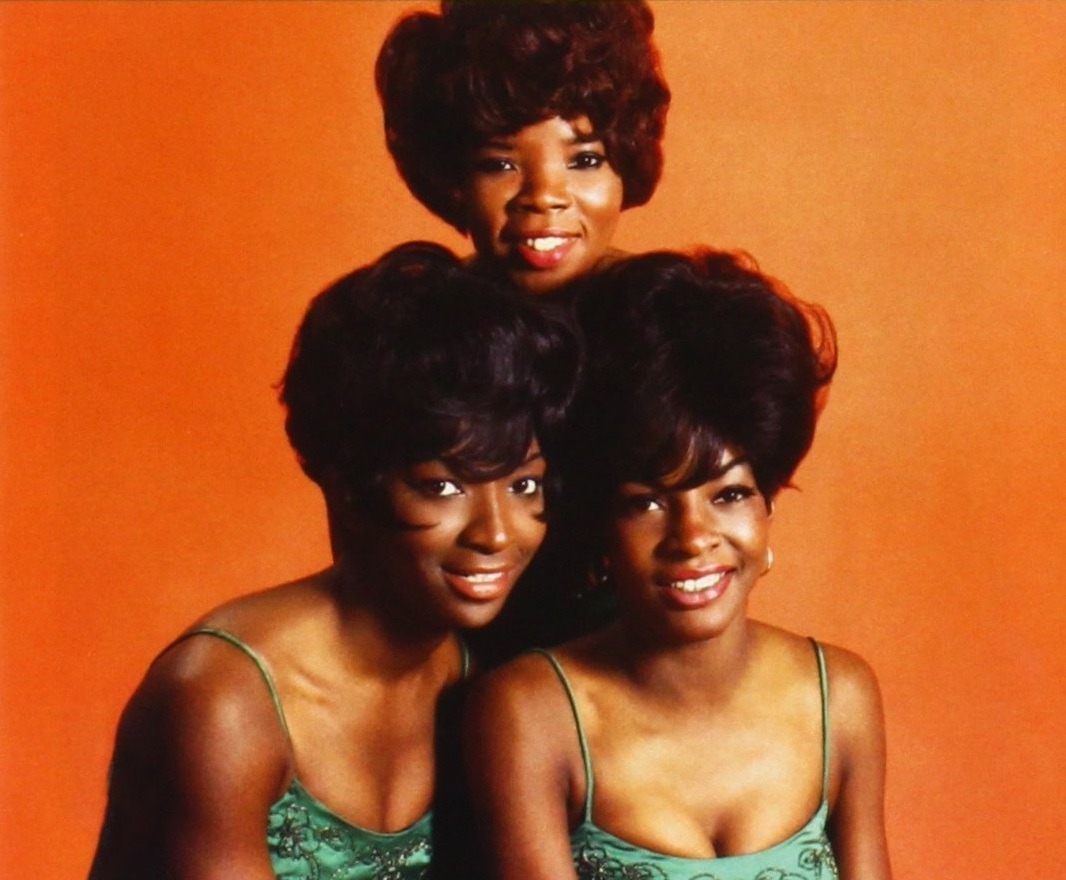“𝘿𝙖𝙣𝙘𝙞𝙣𝙜 𝙞𝙣 𝙩𝙝𝙚 𝙎𝙩𝙧𝙚𝙚𝙩” – 𝙈𝙖𝙧𝙩𝙝𝙖 𝙖𝙣𝙙 𝙩𝙝𝙚 𝙑𝙖𝙣𝙙𝙚𝙡𝙡𝙖𝙨

“Dancing in the Street” is a classic Motown hit by Martha and the Vandellas, released in 1964. Here’s a detailed look at this iconic track:
Overview
- Artist: Martha and the Vandellas
- Single Release: July 1964
- Album: Dance Party (1965)
- Genre: Soul, Motown
- Length: 2:39
“Dancing in the Street” is characterized by its energetic and upbeat Motown sound. The song features a lively rhythm, a catchy chorus, and an infectious groove that encourages listeners to get up and dance. The arrangement includes a driving rhythm section, prominent brass, and enthusiastic backing vocals, all contributing to its vibrant and celebratory feel.
The lyrics of “Dancing in the Street” convey a sense of joy and unity through dance. The song’s chorus, “We’re dancing in the street, there’s nothing left to do but dance,” reflects the idea of dancing as a form of communal celebration and escape from everyday challenges. The lyrics also mention various cities across the United States, highlighting a sense of nationwide connection and shared experience.

“Dancing in the Street” was a major hit for Martha and the Vandellas, reaching No. 2 on the Billboard Hot 100 and No. 1 on the Billboard R&B chart. The song became one of the defining tracks of the Motown sound and remains one of the most iconic and influential songs of the 1960s. Its upbeat, danceable rhythm and social message resonated with audiences and cemented the song’s place in music history.
The song was written by Marvin Gaye, William “Mickey” Stevenson, and Ivy Jo Hunter. It was originally intended to be a social and political statement, reflecting the civil rights movement’s call for unity and change. However, its infectious melody and upbeat vibe made it a feel-good anthem.
Legacy
“Dancing in the Street” continues to be a classic and is frequently featured in compilations of 1960s Motown and soul music. Its energetic performance, catchy melody, and message of joy and unity have ensured its lasting appeal. The song has been covered by various artists over the years and remains a staple of American music and pop culture.
Video: